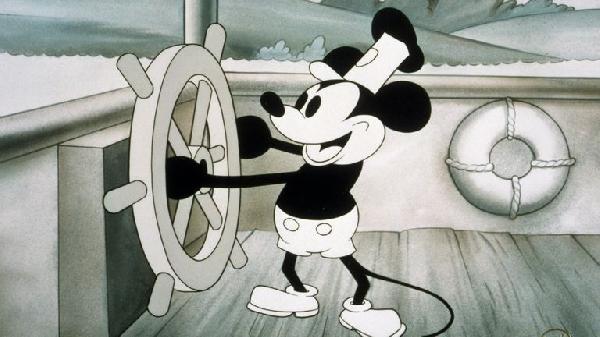
New Mickey Meme Coin Capitalizes on Cartoon’s Public Domain Status

New Mickey Meme Coin Capitalizes on Cartoon’s Public Domain Status
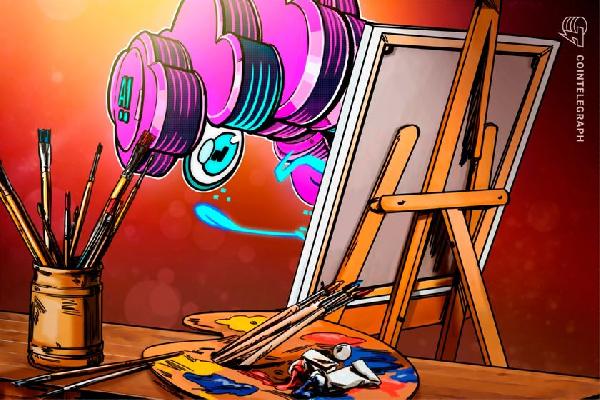
With AI-generated content continuing to evolve, the advent of data-poisoning tools capable of shielding an artist’s works from AI could be a game changer.
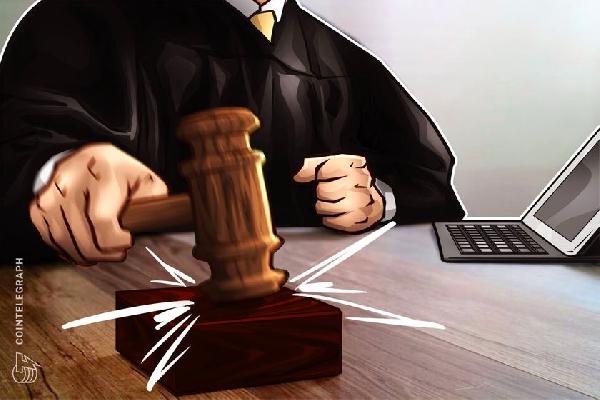
The battle continues as artists amend a lawsuit previously struck down by court authorities against major AI companies who have allegedly violated creative copyright laws.
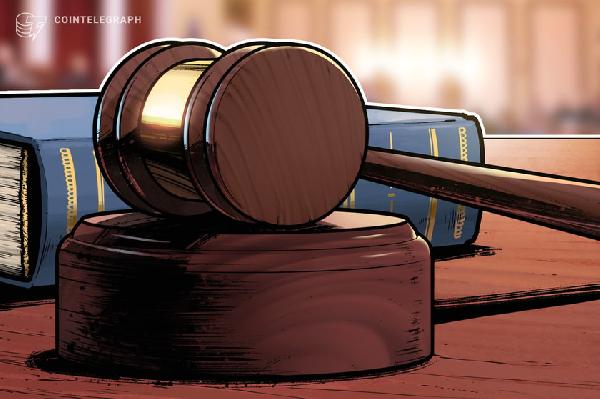
OpenAI joins Google, Microsoft and others in legally backing their users if they face legal action over copyright infringement.
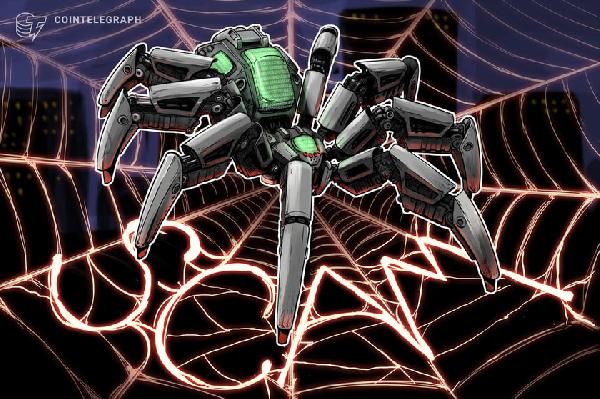
Is artificial intelligence the best invention for scammers since the internet was invented? Here‘s one story of an AI-generated law firm sending threats to win backlinks.

Grimes’ manager Daouda Leonard and music platform Slip.stream explain the importance of artists owning their data and controlling their rights to stay ahead in their approach to AI.
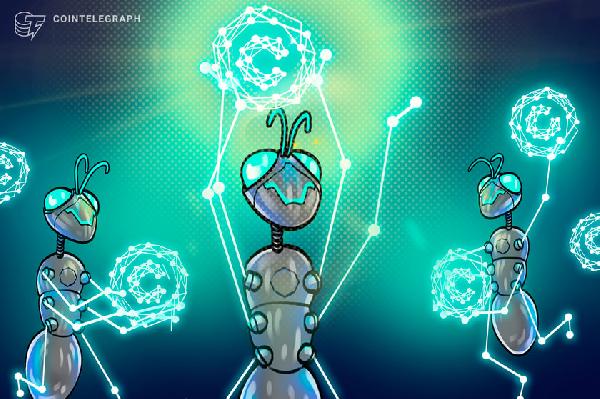
According to the research, blockchain provides several game-changing benefits for intellectual property licensing and management.
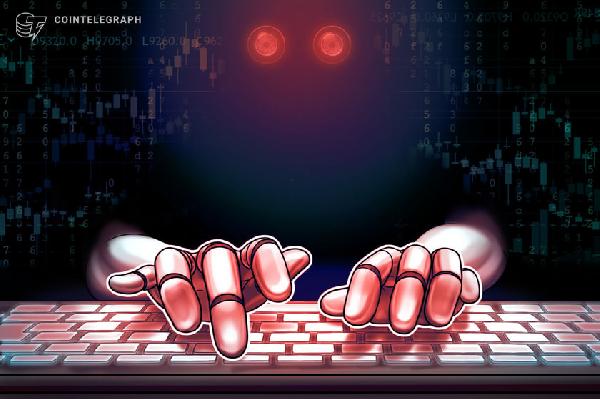
AI developers are taking revenue, data and users away from news publications by building competing products, the News Media Alliance claims.
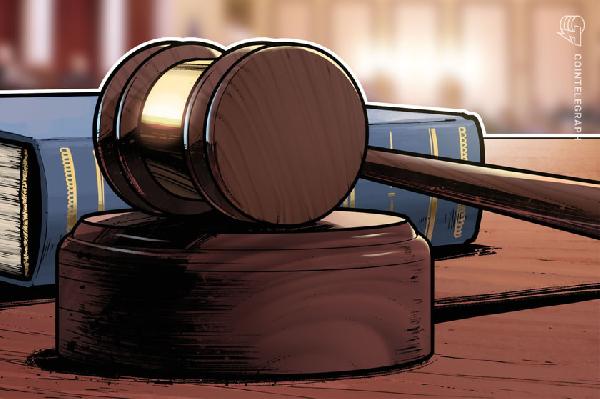
A judge mostly sided with Midjourney, DeviantArt and Stability AI’s bid to dismiss the artists’ class action lawsuit that accused the firms of copyright infringement.
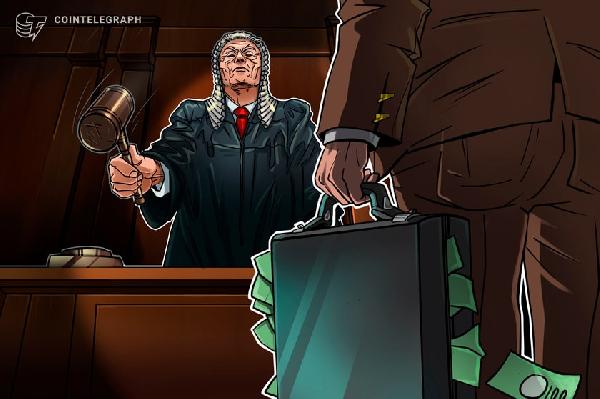
The NFT artists were also ordered to cover Yuga Labs’ legal fees after determining the trademark infringement constituted an “exceptional case.”
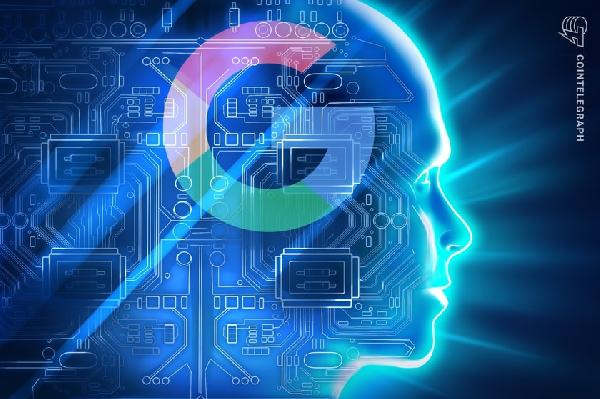
Amid myriad legal accusations surrounding its AI services, Google stands its ground, vowing to protect its users.
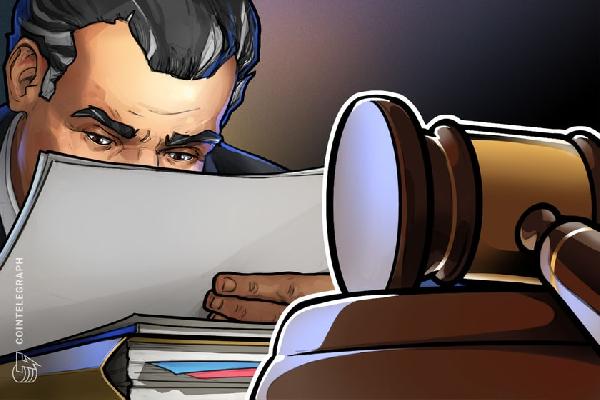
Universal Music Group, Concord Publishing and ABKCO Music & Records alleged that Anthropic “unlawfully” copied and disseminated “vast amounts of copyrighted works” from the publishers.
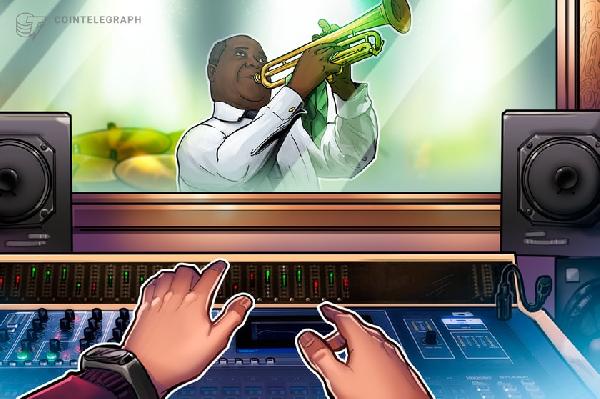
The new partnership between Universal Music Group and BandLab Technologies focuses on ethical AI usage to protect artist and songwriter rights.
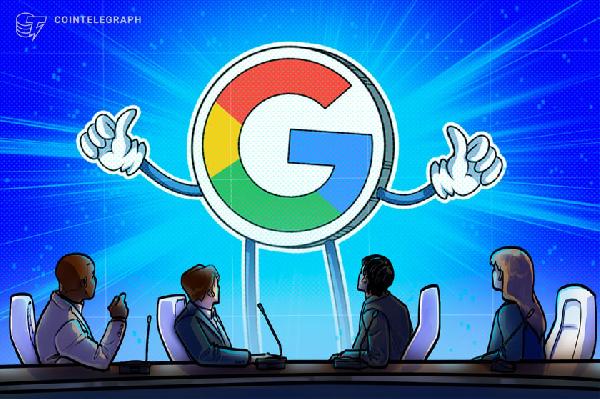
Google explicitly stated that only seven products fall under this legal protection excluding Google‘s Bard search tool.
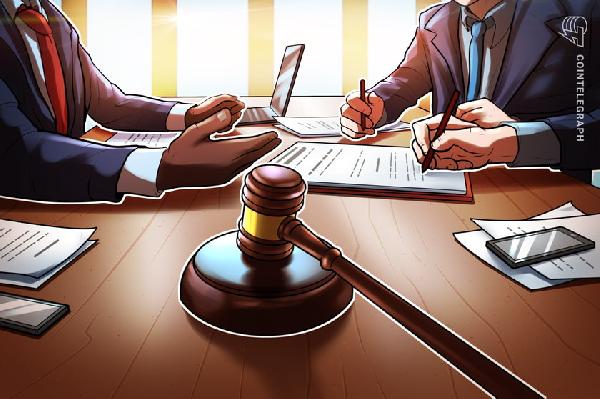
Among the claims included allegations of federal trademark infringement and dilution, with Trader Joe allegedly capitalizing on the store‘s "name, goodwill, and brand recognition".
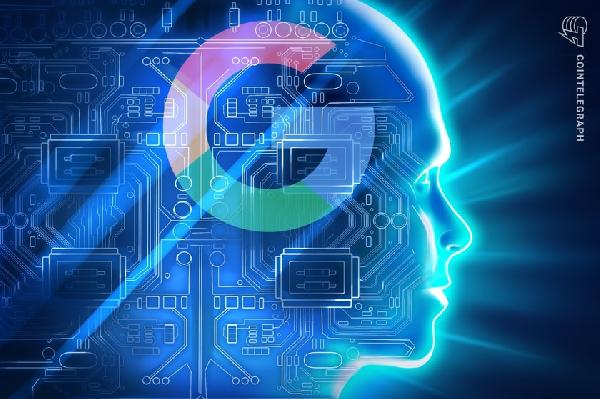
A subtle change to the description of Google Search’s helpful content system could very well be the beginning of a new era of content distribution on the internet. Something to be embraced or a pause for thought?

The Author’s Guild opened a lawsuit against OpenAI, alleging misuse of copyrighted material in training of its AI models.

In a lawsuit against Sarah Silverman and other authors Meta claims its AI system does not create copyright infringing material.
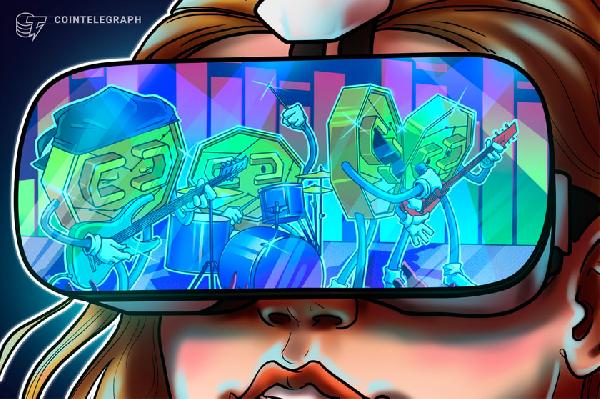
Can Ansay the founder of AI streaming and marketplace platform Musixy.ai, says AI-generated music is revolutionary and brings efficiency and lowers costs to productions.

The Record Academy executive clearly stated that the track is “not eligible” and cited that the vocals were not legally obtained nor were they cleared by the label or artist.
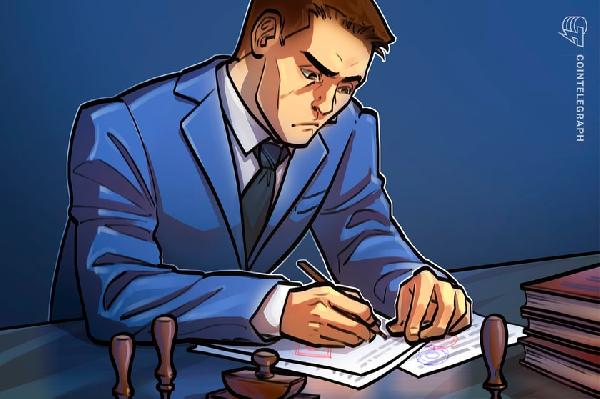
The inquiry seeks information and comment on issues related to the content AI produces and how policy makers should treat AI that imitates or mimics human artists.
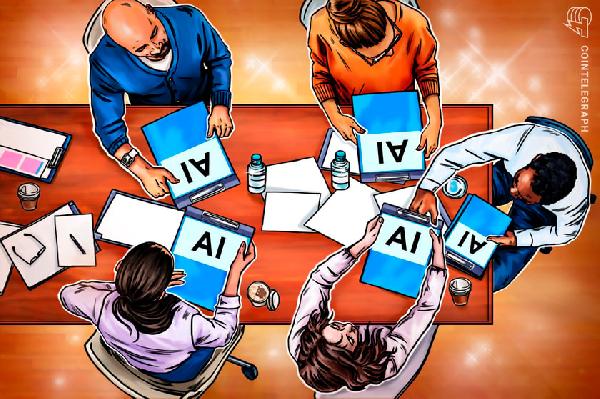
Universal Music and Google are reportedly in negotiations over a tool that would allow for the creation of AI tracks using artists’ likenesses in a legal way.
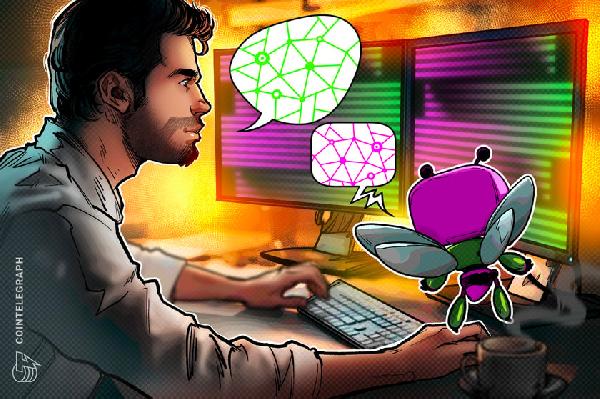
ChatGPT users have the option to scrap the web crawler by adding a “disallow” command to a standard file on the server.
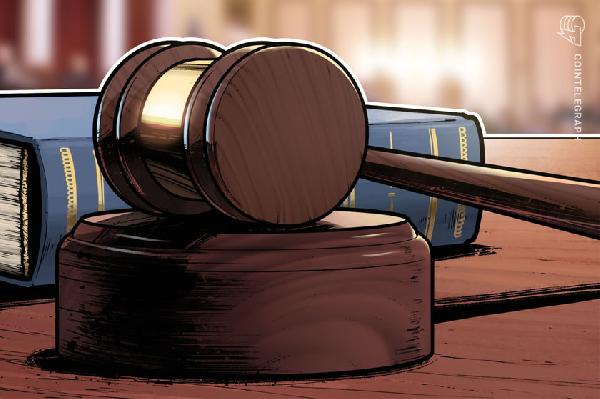
Author Sarah Silverman, and two others, opened a lawsuit against OpenAI and Meta for using copyrighted work to train their AI systems without permission.